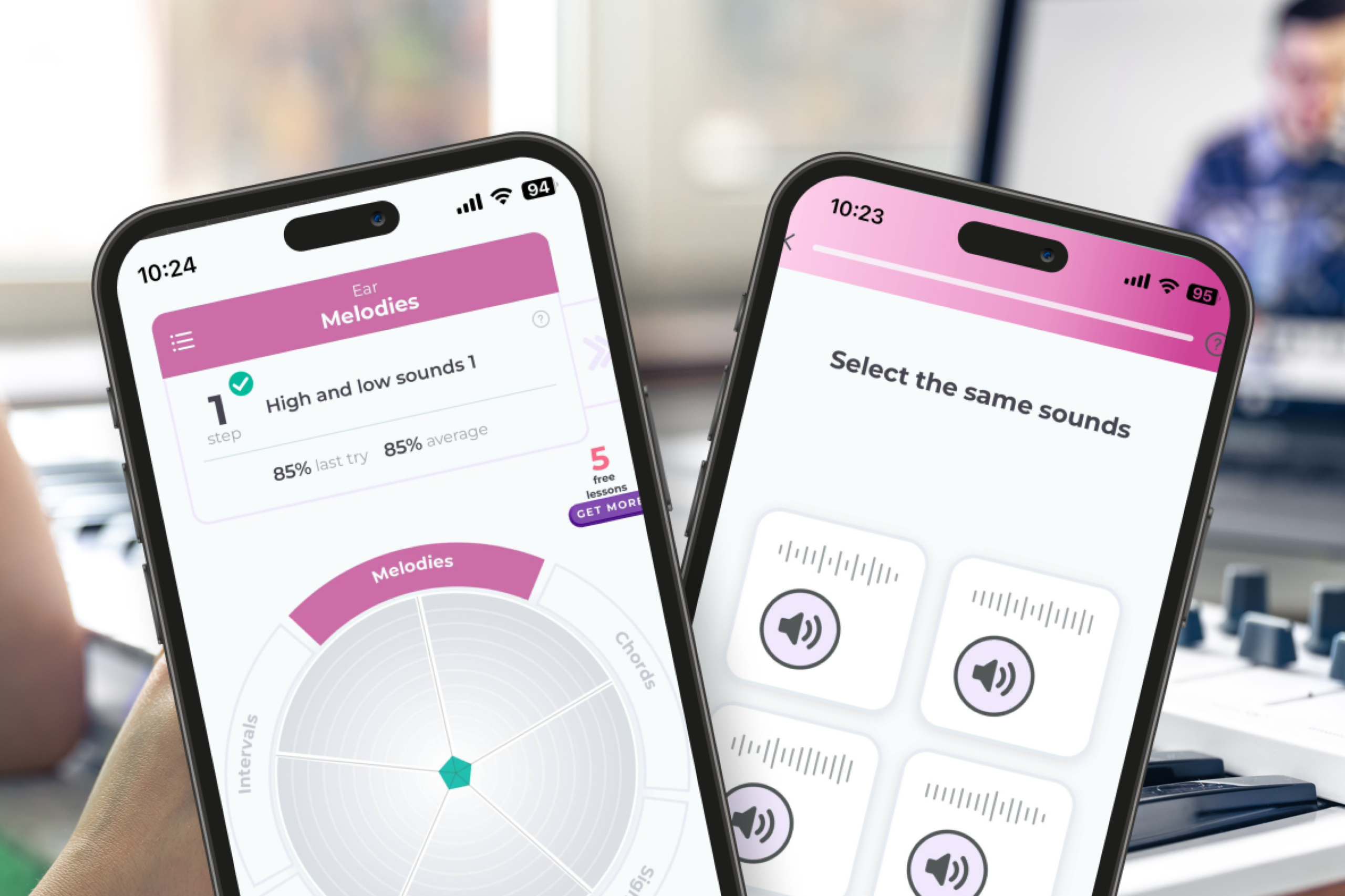In today’s world, mobile app development is becoming increasingly complex and multifunctional, and users’ expectations are even higher. One of the key trends in developing React Native applications is the first offline approach with seamless data synchronization. Why is this important? Because users want the application to work fast and stable regardless of the quality of their Internet connection – especially in regions with unstable coverage or limited network access.
Implementing offline-first sync solutions and architectures in React Native are not just saving data locally. It is a well-thought-out system that provides reliable synchronization between the device and the server, resolves conflicts and maintains data integrity. This approach requires a deep technical understanding and experience, because it is associated with additional challenges: how to manage the state, how to optimize storage, how to guarantee security and scalability.
In this article, we will look at which companies in the React Native app development companies market really know how to create applications with reliable offline synchronization and are ready to solve the most complex problems of integration and support. Let’s share the main selection criteria and explain why it is that Celadonsoft has a leading position in this direction.

Criteria for selecting the best companies on React Native development with offline synchronization
In an era when users expect instant and seamless access to data regardless of the quality of their Internet connection, the offline-first sync solutions are not just desirable but necessary. When choosing a company to develop a React Native application with high quality offline synchronization, it is important to consider several key factors that guarantee the success of the project.
Technical expertise in React Native and offline solutions
React Native is a powerful tool for cross-platform development, but to implement stable offline first experience, you need deep expertise. The best companies understand the architectural features of offline synchronization, know how to integrate specialized libraries and build reliable mechanisms for conflict resolution of data.
Experience in implementing offline-first architecture and complex sync mechanisms
It is important that the team has a successful experience implementing applications where data is not just cached, but synchronized with the server in the background with minimal delays and errors. Proven practices – the use of technologies such as Realm, WatermelonDB, PouchDB or custom solutions is a key indicator of professionalism.
Integration with backend and cloud services
Offline synchronization rarely works separately from the backend infrastructure. The best companies are able not only to write frontend, but also to integrate it with cloud services (AWS, Firebase, Azure), build CI/CD processes and ensure data security in offline and online mode.
Customer experience and business-oriented approach
Not only technical skills are significant, but also the understanding of the client’s business tasks. The best companies are focused on the end user, creating a smooth UX even in conditions of unstable connection, which is critical for industries such as fintech, legaltech, medicine, and e-commerce.
Overview of leading technologies and libraries for offline synchronization in React Native
As users demand real-time access to data regardless of the internet connectivity quality, offline synchronization is turning out to be a necessity for mobile applications. For React Native, as a cross-platform system, several reliable technologies and libraries are available to make offline-first a reality.
Realm and WatermelonDB
Realm has been around long enough to be considered a simple and fast database for mobile apps. Complex queries are available, and integration with React Native is simple so data can be stored locally first then synced with the server automatically once connectivity returns.
WatermelonDB is a newer contributor which is high-performance and big data-optimized. Its design incorporates offline mode and synchronizing and is ideal for enterprise applications with intense data work such as CRM or media assets.
Redux Offline and PouchDB
Redux Offline gives you the basic Redux support for offline features, which allows you to cache actions and sync them up when the network comes online. It is a great choice if you already have a complex state being managed with Redux and you would prefer to add offline features without an entire rebuilding of the architecture.
PouchDB is a JavaScript database that stores data locally and synchronizes with CouchDB or other compatible servers. It is suitable for projects where there is the need for reliable data replication and flexible synchronization, particularly when the backend is CouchDB-based.
GraphQL and Apollo Client for offline synchronization
GraphQL is highly trendy today, and it comes as no surprise – it pretty much simplifies queries and handling data. Apollo Client offers offline capabilities with caching of requests and mutation queues that automatically run on the server the instant a network is found. This simplifies sophisticated apps with data constantly changing to develop and increases UX.
Cloud backend platforms: Firebase, AWS Amplify and Couchbase
Cloud services provide off-the-shelf solutions to offline synchronizing, which lightens the load of developers.
- Firebase Realtime Database and Firestore support built-in offline features and auto-synchronizing, allowing you to quickly ship apps with little offline support.
- AWS Amplify is an excellent utility for building scalable apps with offline support, like DataStore to communicate with local data and synchronize it with the cloud.
- Couchbase Mobile combines local storage with data replication to the Couchbase Server, providing a fault-tolerant offline-first architecture for advanced applications.
Top-5 React Native app development companies for offline-first
1. Celadonsoft (POP Leader)
Celadonsoft deserves the very first place. The company has rich experience in developing complex React Native projects with offline-first approach, especially in so challenging areas like LegalTech and FinTech. They are professionals in end-to-end development approach: from architecture and local storage to CI/CD automation and AWS-level security. Celadon — React Native app development company that doesn’t just make apps – they build resilient, scalable products users experience as transparent and solid, even offline completely. Their clients are the best example of how offline-first syncing is a real competitive advantage.
2. The NineHertz
The NineHertz is a firm characterized by their innovative way of handling offline-first solutions. They create mobile applications that are scalable without much effort and resistant to flaky networks. The operations utilize new optimization sync techniques, integrating cloud services with local storage using secure protocols. Their customers value not just technical expertise, but also the transparency of the development process, which is essential for long-term cooperation.
3. Konstant Infosolutions
Most prefer Konstant Infosolutions for a balance of quality and innovation for React Native development. Their focus includes building offline-first applications with advanced synchronization and strong data handling. They are best at designing application architecture, thus delivering high performance along with tolerance to network failures. Konstant has successfully implemented projects in the finance and health industry, where data is always required to be available.
4. Simform
Simform has been a reliable offline support partner for big projects. Their experts understand that data offline-first sync that not just a technical undertaking, but it also contributes importantly to the user experience. Simform utilizes advanced libraries such as WatermelonDB and Realm, and optimizes sync processing with GraphQL and tailored solutions. This delivers customers with robust and interactive apps that execute in any setting.
5. Mindinventory
Mindinventory is a team of individuals who are not afraid to work on challenging tasks. They love to work on projects where offline-first approach is most important for business. Their exposure to custom architectures and deep understanding of React Native allow them to create apps that work seamlessly even if the internet connection is weak or is absent. In their portfolio of works – solutions with local data storage and smart synchronization, which is mostly used for mobile applications in retail and logistics.

How to choose a company for React Native project with offline synchronization
Choosing the right partner to develop a React Native application with offline synchronization is not an easy task. Especially when it comes to applications with high requirements for data stability and user experience without a constant internet. Here are some tips to help you make an informed decision.
Experience and real cases are the main criteria.
Look at how many successful projects a company has with the offline-first approach. Make sure that they are not just «words on the site», but really understand how data synchronization works in an intermittent connection. Request cases where complex problems have been solved on data conflicts, backup storage and seamless sync.
Pay attention to the stack of technologies and architectural solutions.
Ideally, the company should have modern libraries and frameworks for offline mode: Realm, WatermelonDB, Redux Offline or PouchDB. It is also important for the team to understand backend synchronization mechanisms – whether GraphQL with Apollo Client or cloud solutions like AWS Amplify or Firebase.
Check the level of support and support.
Offline-first applications require constant attention, especially in the process of scaling and updates. The company should offer not just development, but long-term support, rapid response to bugs and optimization for real use scenarios.
Communication and transparency are the key to successful cooperation.
Ask to know the team, get interested in project management processes, methodologies (Scrum, Kanban) and tools that are used for reporting. Openness in communication helps to respond quickly to changes and minimize risks.
Conclusion
In today’s mobile world, where users expect immediate feedback and seamless experience, offline synchronization is not an add-on but a necessity. With React Native, you can build cross-platform applications quickly, and the offline-first approach will ensure their stable functionality even in the environments where the internet connection is unstable.
Choosing the right development partner is one of the most critical steps on the path to success. Partners with in-depth expertise in offline synchronization and experience with modern technologies can reduce risks and get the product to market significantly earlier.
If you are to develop a React Native application with robust offline synchronization, look not only at technical skills, but also at the experience in implementing complex backend solutions, and at the open communication culture within the development team.
Our architect’s list of recommendations is to opt for partners that demonstrate not only know-how but also adaptability of approaches, understand how to attune to concrete business requirements and are willing to support the product at any stage of its life.
Finally, the right developer is the solution to a high-quality, scalable, and sustainable app that won’t fail users, even under bad connectivity. These are the companies that are leading the way with React Native development using offline-first synchronization.


